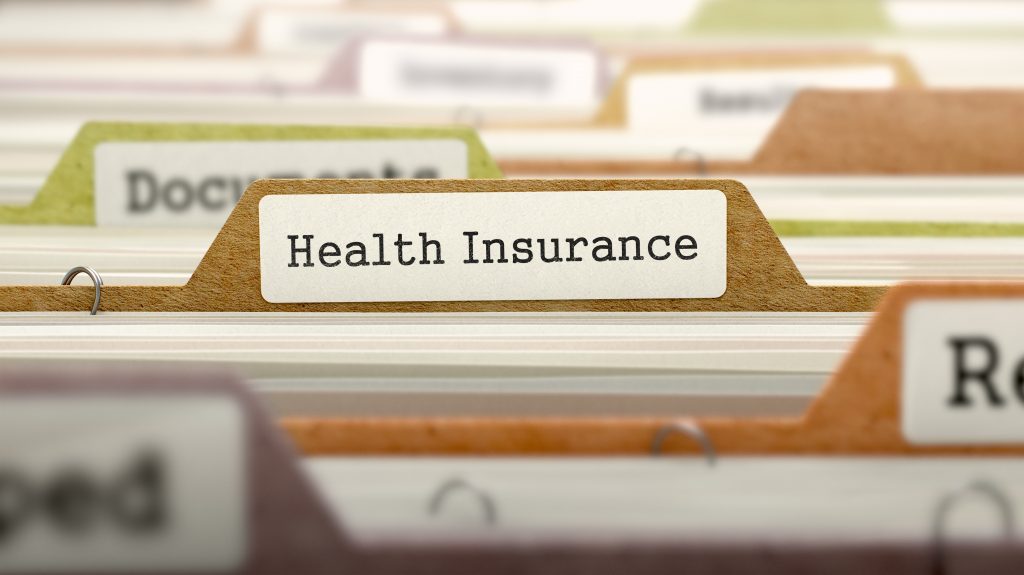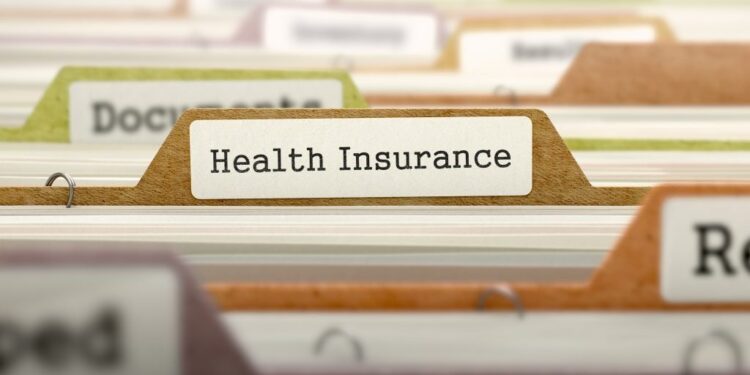[ad_1]

Despite spending more than $1 trillion on health insurance each year, many U.S. consumers are making poorly informed decisions – and paying for their lack of understanding.
According to the latest Health Insurance Literacy Survey from HealthCare.com:
- 1 in 4 Americans say lack of health insurance understanding caused them to receive a higher-than-expected medical bill.
- Half believe that copays count toward deductibles, when they generally do not.
- Half of respondents say they can’t afford health insurance without employer coverage.
- 3 in 10 stay in jobs they don’t like or take jobs they don’t want so they can receive health insurance.
The survey of 1,000 consumers younger than 65 identified several broad areas of concern.
Confusion and complexity. The complexity of U.S. health insurance creates numerous hurdles for Americans in getting the most out of their health care dollar. Since 2003, for example, federal health savings accounts offer savings by providing the opportunity to pay medical expenses with pretax dollars. Two decades later, however, fewer than half of respondents are able to correctly identify HSAs, and 1 in 5 are unable to identify a single feature of HSAs out of four listed options.
Unfounded confidence. Despite their lack of health insurance understanding, many Americans are confident they can make the right choices. For example, 2 in 3 are very or somewhat confident they can choose a health plan that best meets their needs.
When asked how well they understand “premiums,” “benefits” and “terms,” the largest number of respondents, 40%, are very confident they understand “premiums,” while only 35% are very confident they understand “benefits” and 32% understood “terms.”
Related: Smarter health care consumers requires stronger benefits
Subsidies and Medicaid expansion. The Biden Administration temporarily expands subsidies for Americans who buy health insurance in the ACA marketplace and eases Medicaid eligibility, allowing millions of people to access health insurance during the pandemic. But without new legislation, these measures are set to expire at the end of 2022.
Among those benefitting from temporary pandemic measures that eases Medicaid eligibility, the largest number, 29%, will try to find another government health plan if subsidies run out. Nearly 20% say they will sell a valuable possession to afford health insurance or health care.
Employer-provided insurance. Employer health insurance is the dominant form of health coverage in the United States, covering more than 150 million Americans. More than half of respondents say they can’t afford health insurance without employer-sponsored coverage. When asked why, 18% say they have pre-existing conditions that wouldn’t be covered.
[ad_2]
Source link




